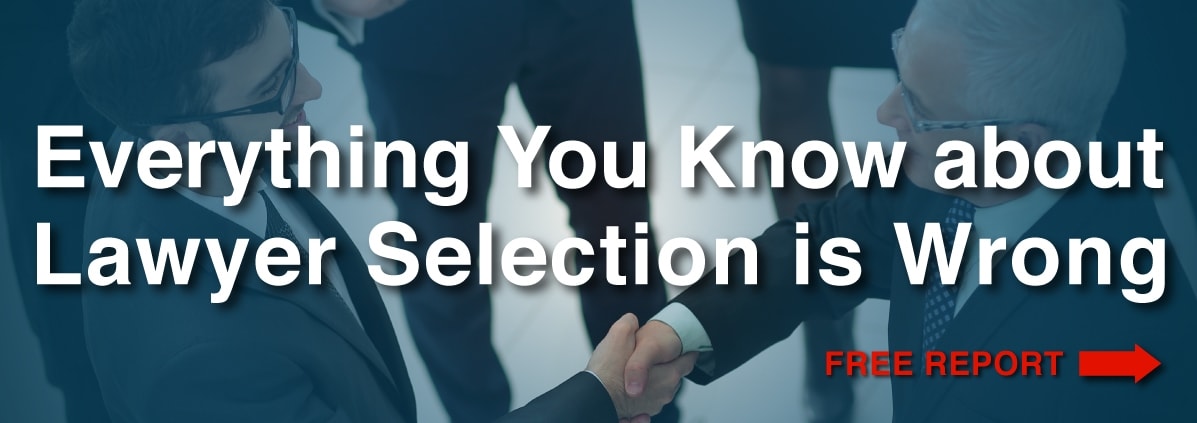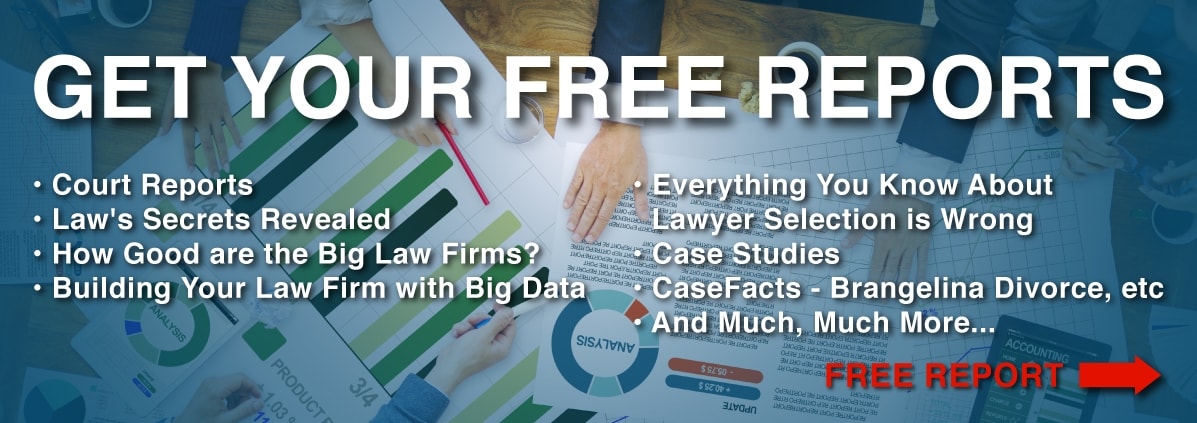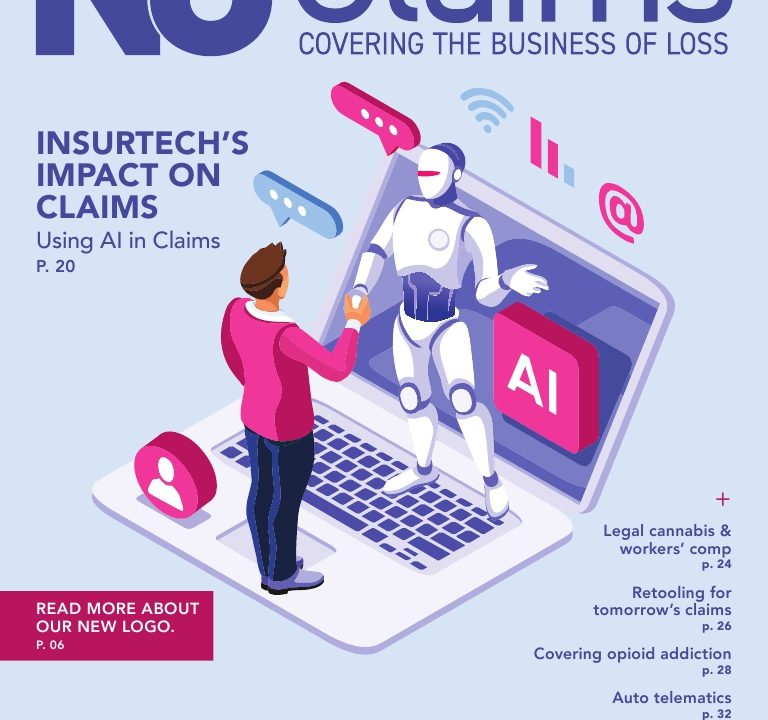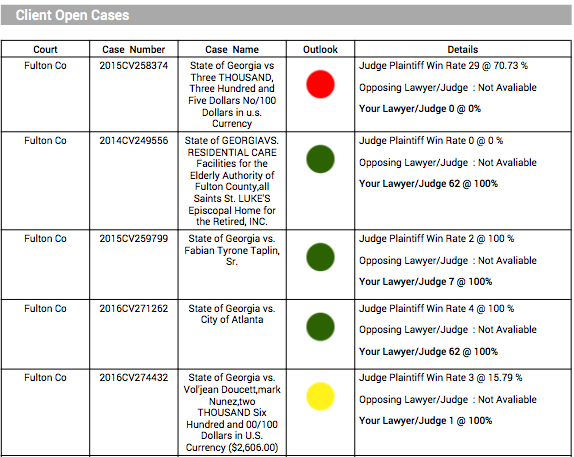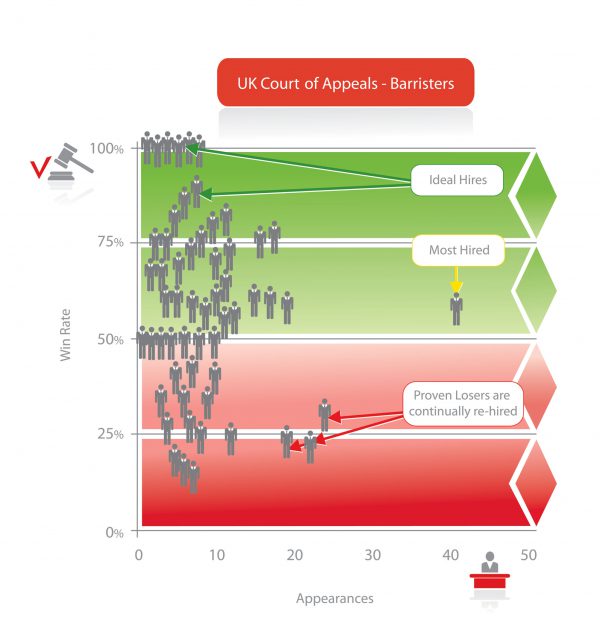Premonition, a legal analytics firm based in the US, recently issued what it claims is the first ranking of Australian litigators based on performance metrics.
The firm uses automated technology and AI to collate court data from public records, providing data on the success rates, average case durations and settlement figures achieved by law firms and barristers. Its database now includes the full archive of Australian court records.
“Our new report on local litigation performance reveals top performers in every court from the Supreme Court of Tasmania to the Australian Trade Marks Office, and it’s barely a fraction of a percentage of what our tech can do,” said Premonition Australia director Peter Fazio, who practises law and has also worked as a technology consultant to law firms.
“A lot of major companies have successfully implemented analytics into virtually every aspect of the way they do business, yet hiring legal representation remains a costly blind spot that is going to be taken advantage of by those with the know-how to do so.”
Premonition co-founder and chief innovation officer Toby Unwin said the tool will help corporate counsel find the best legal representation.
“Our data has proven that a client’s choice of firm or barrister has a 30.7 per cent impact on whether they win their cases,” he said.
“If a modest investment in ‘scouting’ can turn a client’s litigation portfolio from a 50/50 proposition to an 80/20, that represents potential savings in the millions.”
Mr Fazio added that the tool could be particularly useful to foreign companies forced to litigate in Australia.
“Previously, foreign companies would be at a distinct disadvantage without the advice of a local insider,” he said.
“We’re better than any local insider. Our data can tell you which lawyers perform best in front of certain judges, and which ones are inflating their own claims of expertise in certain practice areas. Our AI is quite adept at picking out the superstar performers in a given jurisdiction.”
Premonition issued its first report on Australian litigation for free. In the High Court, for example, the report says the most successful government bodies and law firms include the Australian Government Solicitor, the Director of Public Prosecutions SA, Herbert Smith Freehills and MinterEllison.
However, Premonition acknowledged in its methodology that the tool is not definitive.
“What constitutes a win is an arguable point,” it said.
“If you call both lawyers on a closed case, both will claim to have ‘won’. Every case is arguable.
“We consulted with a number of lawyers and judges, asking them about the general winners and losers for various dispositions types (we have over 100 types in the system).
“There was broad agreement that judgments went for plaintiffs, dismissals for defendants and settlements shouldn’t be counted. All cases are arguable on an individual basis.
“Premonition is not a ‘rocket science’ system where we strive for 100 per cent unarguable analysis of every case. Its function is to spot trends and outliers, which it does very well as data is ‘smoothed out’ over thousands of cases.”
Neither does Premonition take into account the difficulty of each case.
“Premonition is not designed to identify the ‘surgeon’ lawyers that only work the hardest cases. However, it does group cases with those of similar difficulty by using case type, sub-type and parties,” the report said.
Speaking to Lawyers Weekly earlier this year, professional services consultant David Smith said Premonition is a prime example of a technological disruptor, particularly due to its use of big data to rate the performance of barristers and law firms in the UK High Court.


